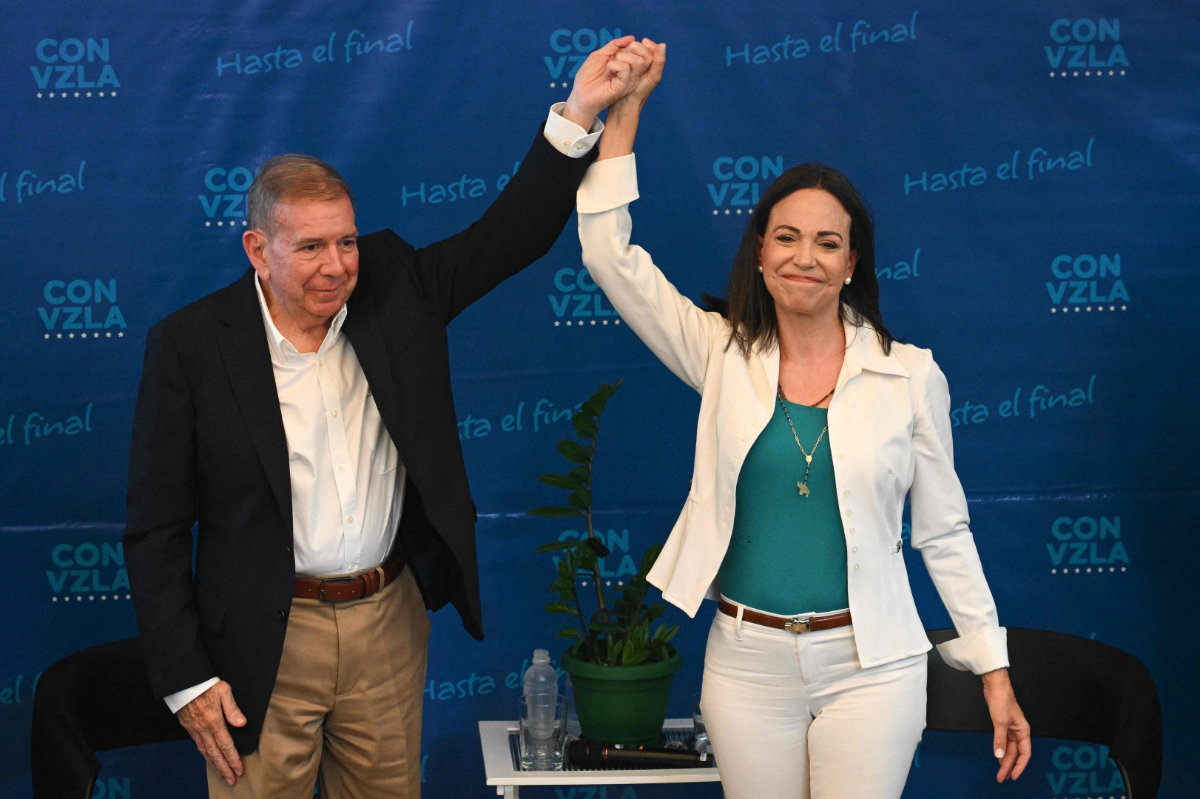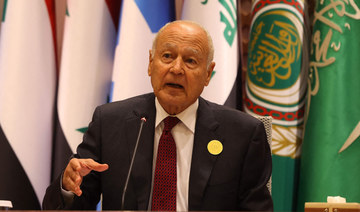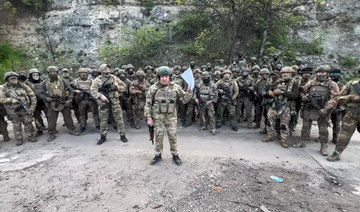NEW YORK: Donald Trump plans to visit New York’s Harlem neighborhood Tuesday after spending his second day in a lower Manhattan courtroom as a criminal defendant.
Trump was expected to stop by Sanaa Convenient Store, a tiny bodega that sells chips, sodas and other snacks. Trump aides said the former president and current Republican nominee chose the store because it has been the site of a violent attack on an employee. He will also highlight consumer inflation under President Joe Biden, aides said.
The visit would be Trump’s first campaign appearance since his criminal hush money trial began, making the presumptive GOP nominee the first former president in US history to stand criminal trial.
Trump will be confined to the courtroom on most days, dramatically limiting his movements and his ability to campaign, fundraise and make calls. Aides have been planning rallies and other political events on weekends and Wednesdays, the one weekday when court is not supposed to be in session. Plans also include local appearances Trump can make after court recesses each day.
Trump’s stop in Harlem demonstrates the former president’s determination to amplify familiar campaign arguments even within the strictures of being a criminal defendant.
In July 2022, Jose Alba, a clerk at the store in Hamilton Heights, a heavily Hispanic section of Harlem, was attacked by 35-year-old Austin Simon. The resulting altercation, captured on surveillance video, ended with Alba fatally stabbing Simon. Alba was arrested and charged with murder but the Manhattan district attorney dropped the charges within weeks, saying they could not prove Alba had not acted in self-defense.
On another evening in August 2022, according to the New York Post, owner Osamah Aldhabyani was in the store when a customer entered and an altercation between the two ensued. The customer was arrested, the newspaper reported.
Before his arrival, Trump’s campaign distributed materials to journalists criticizing Manhattan District Attorney Alvin Bragg for his handling of the stabbing case, including the weeks Alba spent jailed at Rikers Island without bail. Bragg oversees the office now prosecuting Trump.
The former president’s local appearance also affirms his intentions to campaign in his home state, even though New York remains overwhelmingly Democratic. In 2020, Biden garnered more than 60 percent of the vote in the state and ran up even wider margins in New York City. Trump insists he can win New York in November anyway, and he has mused about holding rallies in the South Bronx and Queens, where the former president was born and grew up, and even Madison Square Garden.
“I may rent Madison Square Garden,” he said in an interview with Breitbart News. “That’s the belly of the beast, right?”
That would be a prohibitively expensive proposition, particularly as his campaign has worked to save cash as it confronts a fundraising gap with Biden.
“You know, the president is very keen on New York,” Chris LaCivita, Trump senior campaign adviser, told The Associated Press last month as he talked up the campaign’s efforts to put more states in play. Still, LaCivita laughed when asked whether he agrees. “I don’t get out in front of the boss. I do what the boss says. The boss drives,” he said.
Trump has argued that the ongoing influx of migrants to the city, where he grew his real estate empire and became a tabloid fixture, has made New Yorkers more willing to vote for him since his 2020 loss to Biden. The city has struggled to house the new arrivals, putting many up in city hotels.
“I think we have a chance. New York has changed a lot in the last two years,” he told Fox News host Maria Bartiromo. “The people of New York are angry. People that would have never voted for me because I’m a Republican — I mean they’re Democrats ... I think they’re going to vote for me. So I think we’re going to give New York a heavy shot.”
Trump cited the 2022 New York governor’s race, when Democratic Gov. Kathy Hochul prevailed over Republican former Rep. Lee Zeldin — but by a much tighter margin than usual for her party’s statewide nominees.
Rep. Marjorie Taylor Greene of Georgia, a top Trump ally, said Monday that Trump will be campaigning all over the state while he’s forced to be on trial in New York.
“He’s going to make the best out of this,” she said, adding that “Democrats in New York and the judge and everyone, they’re really going to regret it.”
At the least, Trump, long a famous figure for New Yorkers, showed Tuesday that he can still turn heads in the city.
“Papito Trump is coming. Yeah!” said one passerby ahead of the former president’s arrival.
Lesandra Carrion, 47, who lives in the neighborhood, came out to see the former president when she heard he might be visiting.
She said she doesn’t agree with everything Trump says or does but declared that “he speaks the truth.” Carrion cited the rising migrant population and strained city resources. “I think that he will make a difference,” she said of Trump.
As for his troubles at the courthouse at the south end of Manhattan, Carrion was dismissive. “He’s going to beat that,” she said. “We all make mistakes at the end of the day. But he’s the truth and light. I feel that God is in him.”
Trump goes from court to campaign at a bodega in his heavily Democratic hometown
https://arab.news/nwpzj
Trump goes from court to campaign at a bodega in his heavily Democratic hometown

- The visit would be Trump’s first campaign appearance since his criminal hush money trial began, making the presumptive GOP nominee the first former president in US history to stand criminal trial




























